
Read or listen offline
Recommendation
This beautiful work appeals to the part of you that is creative and artistic, the part that is always searching for new ways to look at the world. The book begins with a poem. The themes that follow - play, organization, self, emergence - each spin from the poem. The authors, Margaret J. Wheatley and Myron Kellner-Rogers, weave in their bold, thought-provoking views on how life seeks to organize and diversify itself out of chaos. They explore scientific concepts by Charles Darwin, Carl Sagan and other scientists, interspersing quotes from mystics and philosophers. This is an excellent book, the kind you might keep on your desk to share or on your night stand for inspiration. The loose, circular writing elegantly expresses both philosophical and scientific ideas about organization. It is soulful without being too wishy-washy. getAbstract recommends this book for anyone searching for creativity and deeper meaning for themselves and their organization.
Summary
About the Authors
Margaret J. Wheatley has a Ph.D. in Administration, Planning and Social Policy. She wrote the best-seller Leadership and the New Science. Myron Kellner-Rogers and Wheatley operate Kellner-Rogers & Wheatley Inc., a consulting firm, and The Berkana Institute, a not-for-profit foundation that works with forming supportive communities. Kellner-Rogers has worked as a senior executive in marketing, retailing and manufacturing.








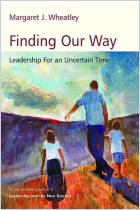
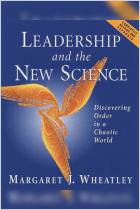
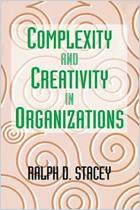
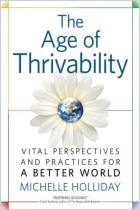
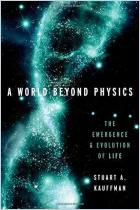
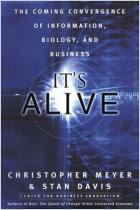

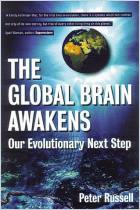

Comment on this summary or Iniciar a Discussão